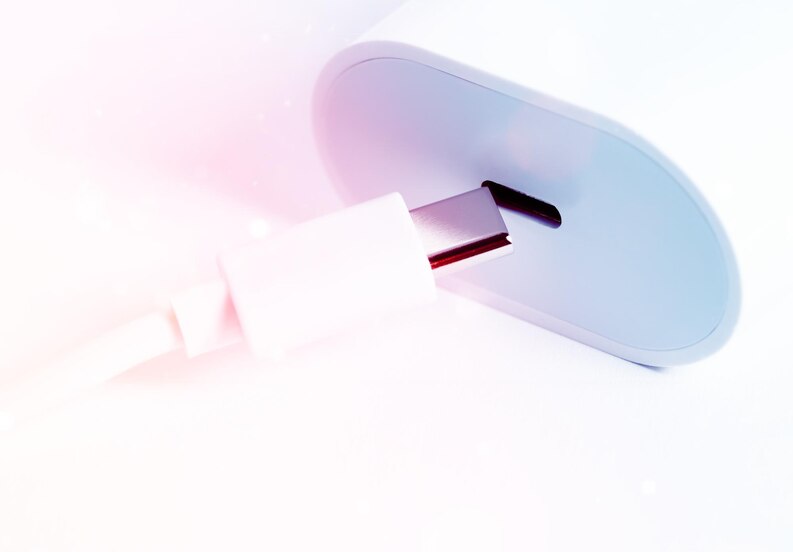What Are Decentralized Social Networks?
Decentralized social networks offer users more autonomy and control over their online interactions compared to traditional social media platforms. By operating on a system of different servers run by various individuals rather than being monopolized by a single corporation, users can enjoy a greater sense of privacy and freedom of expression.
Take, for example, Twitter – a popular social media platform where users can share their thoughts and opinions with the world. However, Twitter’s centralized structure means that the company ultimately holds the power to control what content is allowed on the platform and how users’ personal data is handled. This can lead to concerns about censorship, surveillance, and the exploitation of user information for profit. In contrast, decentralized social networks, also known as federated social networks, distribute this power among a network of independent server operators. This means that users are no longer beholden to the rules and regulations set by a single entity, but instead have the opportunity to engage with a diverse range of communities and platforms that cater to their specific needs and values. By decentralizing social media, individuals can reclaim agency over their online presence and interactions, fostering a more democratic and user-driven online ecosystem. This model not only prioritizes user privacy and security but also promotes innovation and diversity in the digital landscape. Ultimately, decentralized social networks empower users to connect, communicate, and collaborate on their own terms, without being subject to the whims of big tech companies.
The Fediverse: A Web of Decentralized Networks
The concept of the fediverse is a revolutionary approach to social networking that allows for greater communication and collaboration across diverse platforms. Unlike traditional social media platforms like Facebook or Twitter, where users are limited to interacting with others solely within the confines of that specific platform, decentralized social networks within the fediverse have the ability to communicate with each other seamlessly. This interconnected web of networks creates a more open and inclusive digital space, where users are not confined to a single platform and can engage with a wider array of individuals and communities. By breaking down the barriers between different social networks, the fediverse fosters a sense of interconnectedness and diversity that is lacking in traditional centralized platforms. Users are able to access a broader range of perspectives, ideas, and voices, making for a more dynamic and enriching social experience. Overall, the fediverse represents a shift towards a more decentralized, democratic, and inclusive model of social networking. It offers users the freedom to connect and communicate with others across various platforms, fostering a sense of community and collaboration that is truly unique in the digital age.
The Good and Bad of Decentralized Networks
Some of the pros of decentralized social networks include their ability to foster meaningful connections among individuals from different backgrounds and locations. These platforms offer a unique opportunity for users to share knowledge and collaborate on important issues, leading to positive social change. Additionally, decentralized social networks often prioritize user privacy and data security, which can be appealing to those who are concerned about their online presence. However, the lack of centralized moderation on these platforms can also be a double-edged sword. While it allows for greater freedom of speech and expression, it also opens the door to potential abuse and misuse. Cyberbullying and harassment are unfortunately common occurrences on some decentralized social networks, as are the spread of false information and misinformation. Without the oversight of a central authority, enforcing community guidelines and holding users accountable for their actions can become more difficult. In essence, the decentralized nature of these social networks amplifies both the positive and negative aspects of online interactions. Users must be cautious and discerning when navigating these platforms, as the absence of a centralized authority means that individuals must take greater responsibility for their own safety and well-being. Despite the challenges that come with decentralized social networks, there is undoubtedly value in the connections and conversations that can be fostered through these platforms.

User Control and Resistance to Censorship
Big companies, such as Facebook, Twitter, and Instagram, have become the main players in the social media landscape, with a small group of individuals ultimately making the decisions on what is allowed and what is not. This centralized control has sparked concerns about free speech and censorship, as users fear that their voices may be suppressed or restricted by these corporate entities. In response to this growing issue, decentralized social networks have emerged as an alternative that gives users more autonomy and control over their online interactions. By utilizing blockchain technology and peer-to-peer networking, these platforms offer a more democratic approach to social media, where users are free to express themselves without the fear of being silenced by a large corporation. One of the main advantages of decentralized social networks is that users have the freedom to post whatever they want without the risk of their content being altered or removed by a higher authority. This level of autonomy empowers individuals to share their thoughts and opinions without the fear of censorship or retribution. However, this newfound freedom also comes with its own set of challenges, as it opens the door for individuals to use these networks as a platform for spreading hate speech and misinformation. Despite these risks, the benefits of decentralized social networks in promoting free speech and empowering users to control their own online experiences cannot be overlooked. Ultimately, it is up to individual users to navigate these platforms responsibly and advocate for a more inclusive and tolerant online community.
Data Privacy and Security in Decentralized Networks
The growing concern over personal data privacy has prompted the implementation of laws such as the General Data Protection Regulation (GDPR) in Europe. This regulation aims to protect individuals from having their personal data used or shared without their consent. However, despite the existence of such laws, many people still feel uneasy about the security of their information online. In response to these concerns, decentralized social networks have emerged as an alternative solution. These platforms allow users to create accounts without linking them to their real-life identities, providing a layer of anonymity and privacy. This can be particularly appealing for individuals who are wary of sharing personal information on traditional social media platforms. While decentralized social networks offer a promising solution to the issue of data privacy, they also come with their own set of challenges. One major concern is the financial sustainability of these platforms. Without a steady source of income, decentralized social networks may struggle to stay afloat and could potentially shut down without warning. In such a scenario, users risk losing access to their data and contacts, highlighting the fragility of these alternative social networking options. In conclusion, while decentralized social networks offer a potential solution to the issue of data privacy, it is important for users to be aware of the risks involved. By understanding the limitations of these platforms and taking precautions to safeguard their information, individuals can better protect themselves in an increasingly digital world.
Economic Neutrality in Decentralized Networks
Decentralized social networks have become increasingly popular among individuals who prioritize privacy and are seeking an alternative to traditional social media platforms that rely heavily on invasive advertising tactics. These networks offer users a sense of control over their own data and content, allowing them to engage with like-minded individuals in a more secure and transparent environment. One of the key advantages of decentralized social networks is their ability to utilize digital currencies such as Bitcoin to facilitate transactions and incentivize user participation. For example, the platform Steem rewards users with cryptocurrency for creating and sharing high-quality content, thus providing a financial incentive for individuals to contribute valuable and engaging posts. By introducing this innovative model, Steem has effectively shifted the focus towards quality content creation, as users are motivated to produce meaningful and insightful posts in order to earn rewards. This not only benefits the platform itself by fostering a community of engaged and active users, but also encourages individuals to showcase their creativity and expertise in a way that is both rewarding and sustainable. Furthermore, the potential for growth and value appreciation of decentralized social networks like Steem has attracted interest from investors who recognize the long-term potential of such platforms. By supporting and funding these networks, investors are not only contributing to the development of innovative solutions in the social media space, but also positioning themselves for potential financial gains as the platform continues to evolve and expand. In conclusion, decentralized social networks offer a unique and compelling alternative to traditional social media platforms, providing users with greater control over their online experience and rewarding them for their contributions. With the use of digital currencies and a focus on quality content, these networks are reshaping the way we interact and engage with each other online, creating a more decentralized and user-centric approach to social networking.










